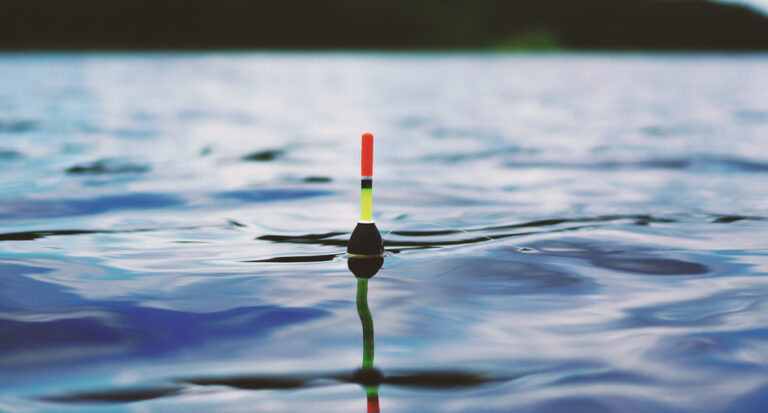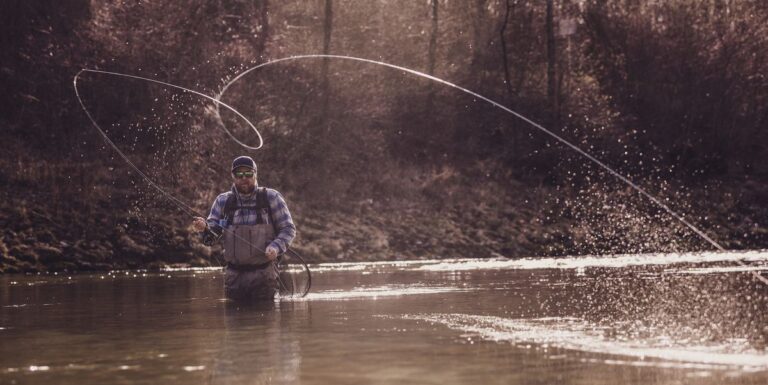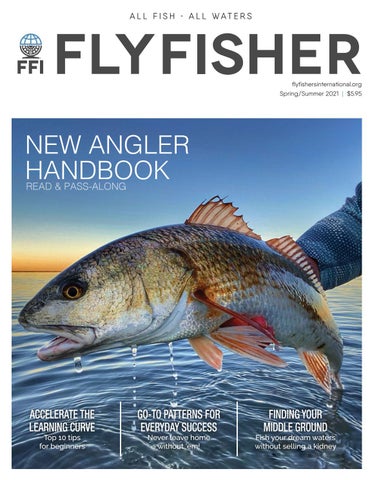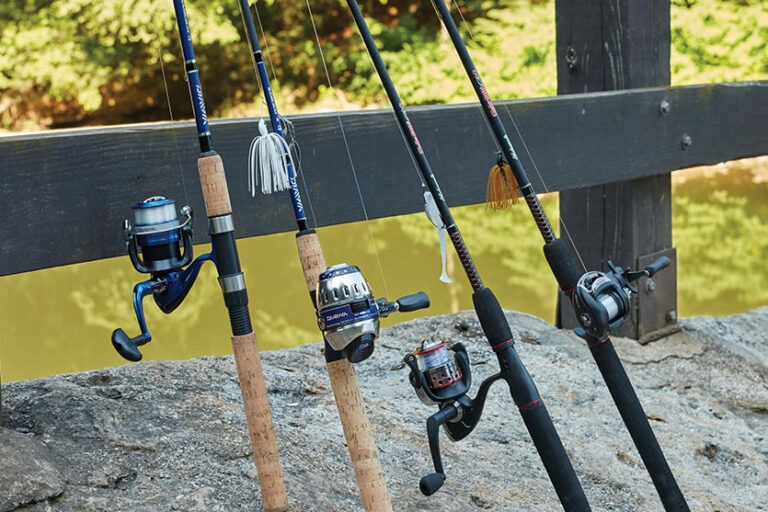There are several common pond fish species, such as koi, goldfish, and mosquito fish. These fish are popular for their beauty and ability to maintain a balanced ecosystem in a pond.
Pond fish can also help control mosquito populations by eating their larvae. It is important to choose the right species of fish for your pond, as they have different needs in terms of water quality, temperature, and feeding habits. Additionally, proper pond maintenance, including regular water changes and filtration, is crucial for the health and well-being of pond fish.
With a little research and care, pond fish can bring many benefits and enjoyment to any backyard pond.
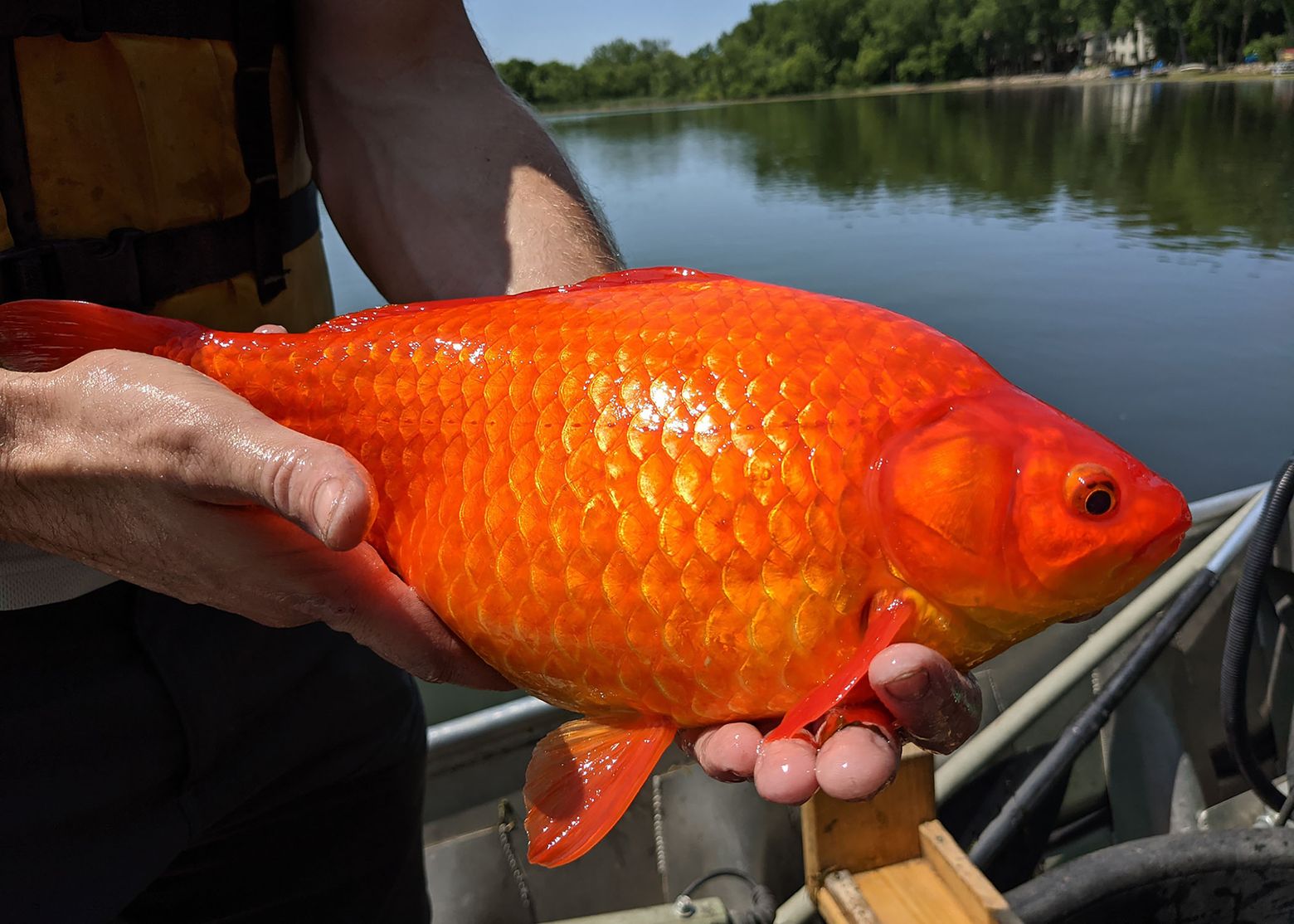
Credit: www.seattletimes.com
H2: Introduction To Common Pond Fish And Their Importance
Common Pond Fish Species
Ponds are a fascinating aquatic ecosystem essential for life. Common pond fish species like koi, goldfish, and catfish are the backbone of your pond’s ecosystem. These incredible creatures can help keep your water clean and free of harmful organisms, making them crucial for maintaining a stable and healthy environment.
Importance Of Common Pond Fish
Pond fish contribute to maintaining a stable ecosystem by providing several ecosystem services, including:
- Controlling algae growth: Overgrowth of algae can reduce oxygen levels in the water, harming fish and other aquatic life. The common pond fish species feed on algae, regulating their population growth and keeping the pond clear and healthy.
- Nutrient cycling: Fish waste produces high levels of nutrients that can trigger excessive plant growth and alter the water’s ph. Pond fish help to balance the nutrients and maintain the correct ph level through their excretion process.
Overview Of The Role Of Common Pond Fish In The Ecosystem
Pond fish play a critical role in maintaining balanced ecosystem health. The following are ways common pond fish impact their environment:
- Oxygenation: Pond fish provide oxygen to other aquatic life in the pond. They release carbon dioxide and other harmful gases that can cause low oxygen levels.
- Pest control: The common pond fish species like catfish control the population of harmful insects, such as mosquitoes, which aids in reducing problematic insect populations.
Benefits Of Keeping Pond Fish
Aside from their importance to the ecosystem, keeping pond fish is beneficial for the following reasons:
- Therapeutic: The sound of the water and watching the fish swim has been proven to help relax people. In the uk, the nhs has even suggested that it can help reduce stress and blood pressure.
- Aesthetic appeal: The beauty of pond fish adds to the pond’s aesthetic value, uplifting it as a focal point in any garden.
Let Your Common Pond Fish Thrive
Common pond fish species play an important role in maintaining an ecological balance in the pond and offer a great deal of benefits. Being responsible and aware of their needs helps keep them happy and healthy, maintaining the beauty of the pond for years to come.
H2: Identifying And Understanding Common Pond Fish Species
Identifying And Understanding Common Pond Fish Species
Pond fish can be a great addition to your backyard, not just for its aesthetic value but also for its calming effect. Understanding common pond fish species is crucial to maintaining a healthy and happy aquatic environment. Here, we’ll discuss the various types of common pond fish species, their physical characteristics, behavioural patterns and habitat preferences, as well as appropriate feed and nutrition to keep them healthy.
Types Of Common Pond Fish Species
There are several types of common pond fish species that are suitable for backyard ponds, including:
- Koi: These colourful and peaceful fish are perhaps the most popular among pond owners. Originally from japan, they come in a range of colours and can grow up to 36 inches in length.
- Goldfish: A common and affordable option, goldfish are hardy, easy to care for, and come in different colours. They can grow up to 10 inches long.
- Shubunkin: Another colourful fish, shubunkin are active and fast swimmers and can grow up to 12 inches in length. They’re also hardy and easy to care for.
- Mosquito fish: Known for their ability to prey on mosquito larvae, these small fish (about 2 inches) are ideal for ponds with live plants and are a great addition to control the mosquito population.
Physical Characteristics Of Common Pond Fish
Understanding the physical characteristics of common pond fish species can help you identify them and know what to look out for in terms of health:
- Body shape: The body shapes of pond fish vary, from the streamlined body of koi to the shorter, chubby body of goldfish.
- Fins: Fins can also vary in size and shape, such as the long, flowing caudal fin (tail) of koi to the shorter, stout dorsal fin of goldfish.
- Coloration: Pond fish come in a range of colours, patterns, and shades, which can vary depending on the species.
Behavioural Patterns And Habitat Preferences
Each pond fish species has unique behavioural patterns and habitat preferences, which can affect its well-being in your backyard:
- Water temperature: The ideal water temperature varies depending on the species, but generally, pond water should be between 50-75 degrees fahrenheit.
- Swimming patterns: Koi, for instance, are slow swimmers, while goldfish are fast and playful. Understanding their movements can help you identify the species and ensure they’re thriving.
- Feeding habits: Different species have different eating habits, with some preferring live plants while others prefer commercial feed. Understanding their feeding habits can help maintain a healthy pond.
Appropriate Feed And Nutrition For Common Pond Fish
Proper feeding and nutrition are essential to keep your pond fish healthy and happy. Here are some tips:
- Feed your fish a high-quality commercial diet, which is designed to meet their nutritional requirements.
- Supplement with live or frozen food, but avoid overfeeding as it can lead to health issues.
- Make sure to remove any uneaten food to avoid water pollution.
By understanding the types of common pond fish species, their physical characteristics, behavioural patterns and habitat preferences, as well as appropriate feed and nutrition, you can create a thriving aquatic environment in your backyard and enjoy the beauty and serenity it provides.
H2: Tips For Caring For Common Pond Fish
Common pond fish species: tips for caring for common pond fish
A backyard pond is a beautiful addition to any garden, but maintaining healthy pond fish can be a challenging task. Different species of pond fish have different requirements for quality of water and temperature, among other things. Here are some tips to help you care for the common pond fish species you may encounter.
Maintenance And Care Of Pond Fish
Maintaining healthy and happy pond fish depends on different factors, including regular maintenance and care. Here are some essential tips to consider:
- Create a balanced ecosystem by having the right number of fish and plants in the pond.
- Remove any dead or decaying plants or fish immediately to prevent the spread of diseases and bacteria.
- Regularly inspect your pond and make sure you clean it at least once a year.
- Do not overfeed your fish to prevent water pollution.
Water Quality And Temperature Requirements For Common Pond Fish
Different types of pond fish require different water quality and temperature levels. Here are some examples:
- Koi: They require water with a ph range of seven to eight and a temperature of 68 to 76 degrees fahrenheit.
- Goldfish: They can live in water with a ph range of six to eight and a temperature of 65 to 72 degrees fahrenheit.
- Mosquito fish: They can live in water with a ph range of six to eight and a temperature of 60 to 80 degrees fahrenheit.
Effective Pond Filtration Systems
A pond filtration system is essential for maintaining the quality of water in the pond. Here are some examples of effective pond filtration systems:
- Mechanical filters: These remove debris from the water.
- Biological filters: These use bacteria to break down harmful chemicals in the water.
- Ultraviolet (uv) clarifiers: These destroy harmful bacteria and viruses in the water.
Preventing And Managing Common Pond Fish Diseases
Pond fish are susceptible to various diseases and infections. Prevention is crucial in keeping your fish healthy. Here are some tips:
- Quarantine new fish before adding them to your pond to prevent the spread of diseases.
- Use medications only under the guidance of a veterinarian.
- Keep your pond clean and maintain good water quality.
- Observe your fish regularly and take note of any changes in their behavior or physical appearance.
- If you notice any signs of disease, isolate the infected fish immediately to reduce the spread of infection.
Caring for common pond fish takes time, effort, and knowledge. By following these tips, you can make sure your fish thrive and enjoy their home in your beautiful backyard pond.
Conclusion
After discussing some of the most common pond fish species, it is clear that there is a wide variety of fish that can successfully thrive in a pond environment. From the hardy koi to the peaceful goldfish, each species offers its unique set of benefits and adds to the overall health and beauty of a pond.
When considering which species to include in your pond, it is important to understand the needs and characteristics of each fish. By researching and consulting with a professional, you can create a thriving ecosystem that will bring joy and tranquility to your outdoor space.
Remember to provide proper care and maintenance for your pond and its inhabitants, and ensure that any additions to the ecosystem are compatible with existing species. With proper planning and attention, a pond can become a beautiful and rewarding addition to your outdoor space.


